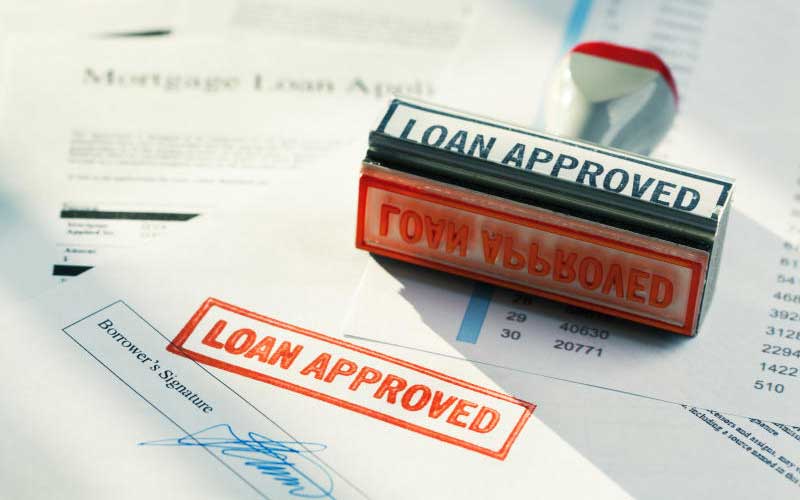×
The Standard e-Paper
Join Thousands Daily

Kenya is in advanced talks with the World Bank for “a fairly priced” loan of up to Sh100 billion ($991.57 million), nearly half of its required external funding this fiscal year, a senior Treasury official said on Friday.